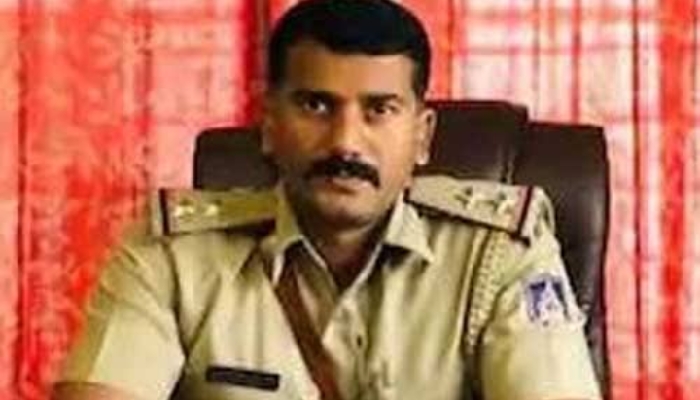Bengaluru, Mar 14: The Rashtriya Swayamsevak Sangh (RSS) on Saturday suspended its proposed Akil Bharatiya Pratinidhi Sabha (ABPS) meeting scheduled to be held in the outskirts of the city, in the wake of the outbreak of Coronavirus in the state.
'In view of the seriousness of the pandemic COVID-19 and in the light of instructions and advisories thereof issues by the Union and the state governments, the Akil Bharatiya Pratinidhi Sabha meeting scheduled in Bengaluru has been suspended', Sarakaryavah Suresh Joshi tweeted.
All Swayamsevaks should cooperate with the administrations to create awareness among the public and to face this successfully, he said.
It may be recalled that Karnataka State Government had ordered shut down of pubs, malls, theatres, and ban mass gatherings over the Coronavirus scare, on Friday.






Comments
Rss is worst than corona virus. Once it ban then definitely our Secular nation India will stand on top of the world. No one will touch even the rss God father israel also never try to poach their nose.
Ban this desh drohi element for ever.
Jai Hind!
Add new comment